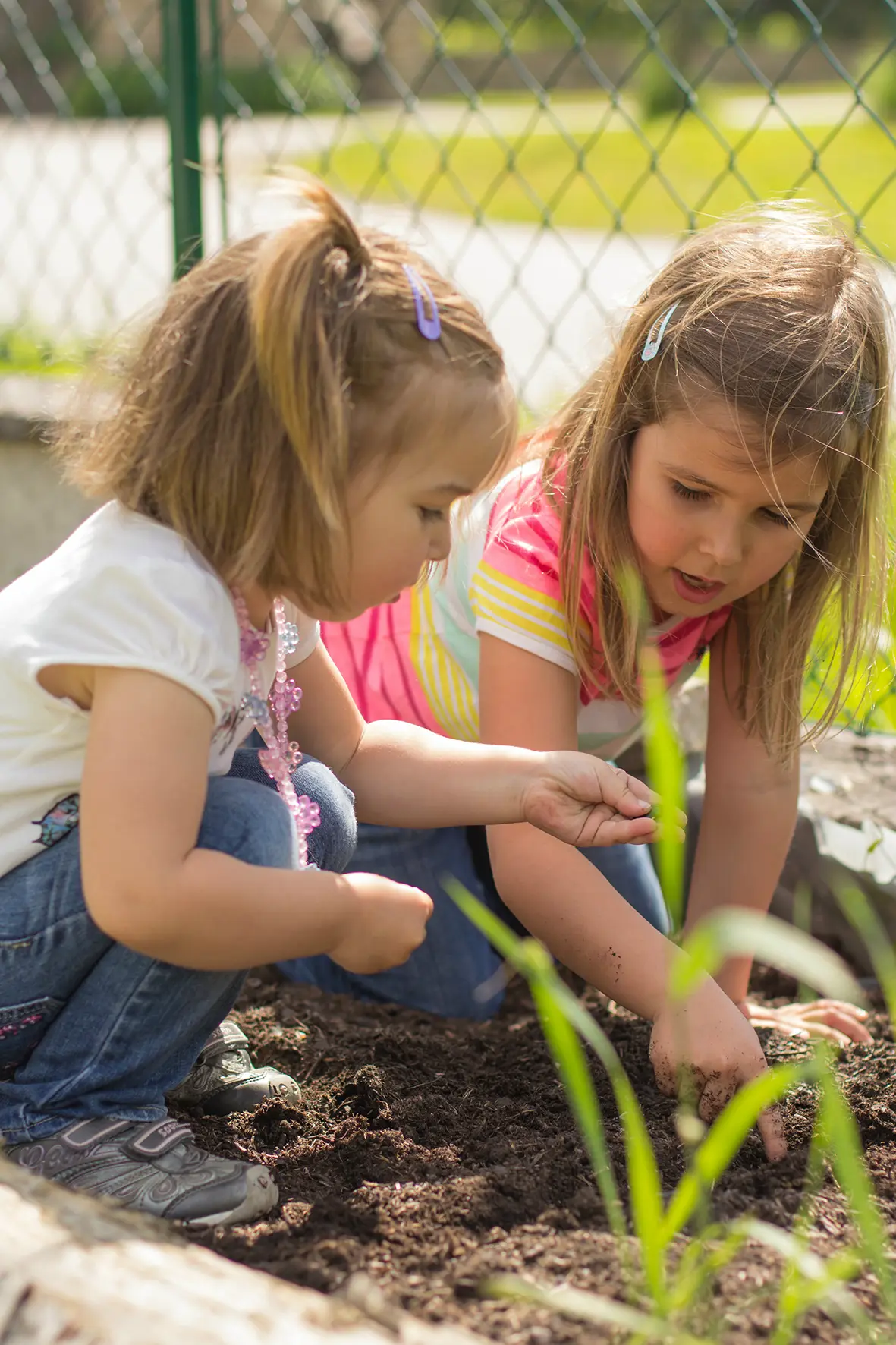Compost at home and save
30 Oct 2014, 9:22 AM
What we found was that 36% of the waste in the rubbish bags was organic & food waste. That is significantly more than we measured in the 2012 waste audit (15.4%).
We encourage residents to compost food scraps and garden waste at home where possible; to reduce the amount of recyclable waste being sent to landfill and save on household waste disposal costs.Composting is a natural and cost effective way to recycle.
When ready, you can use the compost on your garden to grow healthier, more productive plants and it reduces the need to use chemical fertilisers in your garden.
Quick tips for great compost:
- You can either buy a bin or make one yourself. The compost heap needs to be large enough to maintain heat. A bin 1 metre high x 1 metre wide x 1 metre deep (or slightly larger) is an ideal size for a family of four.
- Make sure your compost bin is in a sheltered area with good drainage and a small amount of sun.
- Encourage worms into the compost by breaking up the soil where the bin will be placed.
- Start with a layer of course materials, such as branches or twigs to help drainage and air flow.
- Turn the compost every 4-6 weeks.
- Cover your compost heap with soil or some plastic sheeting to retain the warmth and moisture.
Separate food scraps from your other household wastes. Keep a container with a secure lid, in the kitchen and include well drained scraps like fresh fruit and vegetables, tea leaves, coffee grounds and vacuum cleaner dust.
secure lid, in the kitchen and include well drained scraps like fresh fruit and vegetables, tea leaves, coffee grounds and vacuum cleaner dust.
Get the family involved - children really enjoy recycling, gardening and learning how they can care for our environment.
